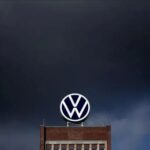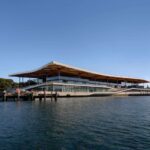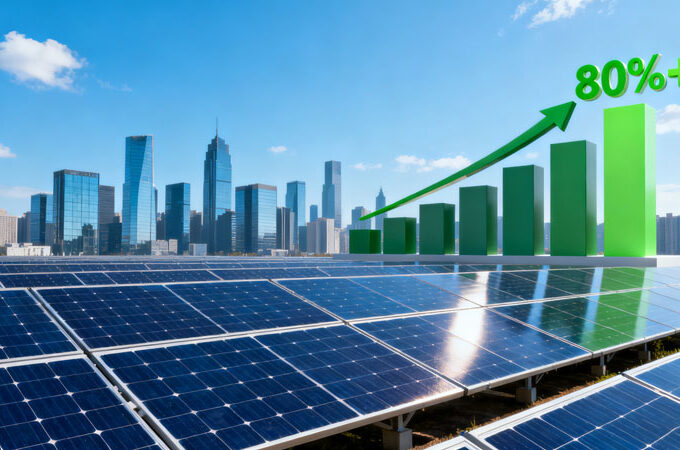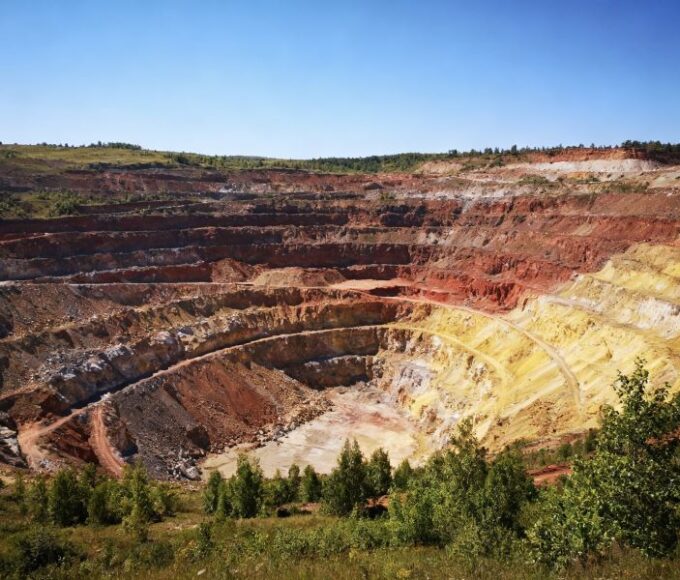Are European green power Suppliers moving in the opposite direction amid the global push for clean energy and carbon neutrality? On June 30, energy industry media Solar Quarter reported that Europe’s largest clean energy company, Statkraft, has updated its investment strategy. This new strategy prioritizes investments in Norwegian hydropower, market operations, and solar, wind, and battery projects in “select markets.” According to the company’s CEO, Christian Rynning-Tønnesen, the renewable energy market is becoming increasingly challenging, and this move aims to allocate capital to the projects that create the most value and align best with the company’s strategy.
Prior to this report, the Financial Times also noted that Statkraft is scaling back its production capacity. According to the latest plan released by the company, Statkraft intends to adjust its onshore wind, solar, and battery storage capacity planning to 2-2.5 gigawatts per year from 2026, down from the previously planned 2.5-3 gigawatts. This capacity can power approximately 2.5 million households.

In offshore wind energy, Statkraft has revised its target to develop 6-8 gigawatts of installed capacity by 2040, down from the previous goal of 10 gigawatts. Additionally, the company has also cut its hydrogen power generation targets.
Despite Europe’s frequent claims of having the “greenest” energy structure, many European energy companies are scaling back or adjusting their renewable energy goals. In addition to Statkraft, French energy company Engie has postponed its goal of developing 4 gigawatts of hydrogen energy projects from 2030 to 2035, citing slower market development and structuring than anticipated a year ago. Denmark’s Ørsted and Portugal’s EDP have also reduced their capacity targets. Ørsted, the world’s largest offshore wind developer, has faced obstacles in advancing wind projects in the U.S. and has recently lowered its 2030 annual power generation target. Similarly, EDP’s CEO, Miguel Stilwell, reduced their clean energy annual targets this past May.
The Financial Times attributes the cutbacks to falling electricity prices and rising costs. EDP stated that the plan adjustments were due to “lower electricity prices and a higher interest rate environment persisting longer than expected.” Vice President and Head of Renewable Energy and Power at Rystad Energy, Wegard Wold, commented, “Green projects are becoming more challenging, with relatively low returns or none at all. This hampers the energy transition, casting doubt on its pace.”
According to a June 30 report by Reuters, Europe’s current energy structure remains relatively reasonable but is a result of decreased electricity demand. The Russia-Ukraine conflict has reduced Europe’s natural gas supply and caused energy prices to soar. This energy crisis forced both industries and consumers to save electricity. Many sectors have yet to return to pre-crisis production levels, thereby suppressing their energy consumption.
Although Statkraft is not publicly listed, the open market shows a declining demand for renewable energy. Barclays noted that the S&P Global Clean Energy Index has dropped by 25% since July last year, while Environmental, Social, and Governance (ESG) stock funds experienced $38 billion in outflows by the end of May this













Leave a comment